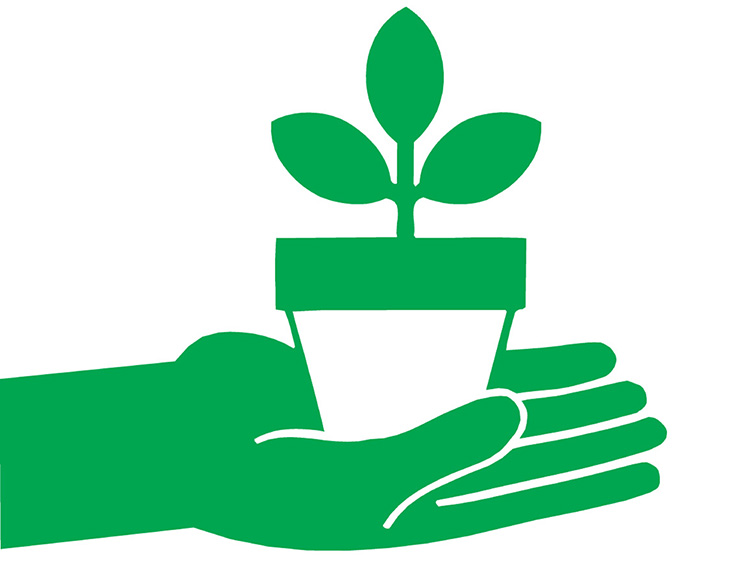
By Mary Jane Frogge, Extension Associate in Lancaster County
Check deciduous trees for fall webworm. Use a broom or rake to get them out of small trees.
Check on water needs of hanging baskets daily in the summer. Wind and sun dry them much more quickly than other containers.
Clean up fallen rose and peony leaves. They can harbor disease and insect pests over the winter if allowed to remain on the ground.
Hand pick bagworms from your evergreen and deciduous trees.
Water the garden early in the day so plants can absorb the moisture before the hot sun dries the soil. Early watering also ensures that the foliage dries before night. Wet foliage at night increases susceptibility to fungus diseases.
Many herbs self-sow if the flowers are not removed. Dill produce seeds that fall around the parent plant and come up as volunteers the following spring.
Every weed that produces seed means more weeds next year. Control weeds before they go to seed.
Remove old vegetable plants which have stopped producing to eliminate a shelter for insects and disease organisms.
Mound soil over the lateral or brace roots of corn stalks for extra support against strong winds.
Pick summer squash and zucchini every day or two to keep the plants producing.
Do not add weeds with mature seed heads to the compost pile. Many weed seeds can remain viable and germinate next year when the compost is used.
To reduce the number of pests on your fruit tree for the coming year, pick up and destroy all fallen fruit.
Bacillus thuringiensis (Bt) is used by many gardeners to protect cole crops from chewing caterpillars.
White flies are attracted to yellow, so use yellow sticky boards to reduce their populations.